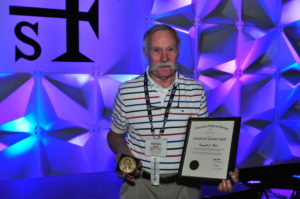

Kenneth Beal Receives Emmeline Moore Prize
(Reno, NV) October 2019 – Kenneth Beal received the Emmeline Moore Prize at the 2019 American Fisheries Society (AFS) Joint Conference with The Wildlife Society
American Fisheries Society Family of Websites:
Read our five journals and Fisheries magazine
Find thousands of unpublished agency reports and other information
Join us in Honolulu in 2024
Find an AFS Unit near you or in your area of specialty
Learn how to communicate the effects of climate change on fisheries
Summer internships for high school students
Explore our initiatives to increase diversity in the Society and in the fisheries profession
Find fisheries science products and services
Quick answers to common questions


(Reno, NV) October 2019 – Kenneth Beal received the Emmeline Moore Prize at the 2019 American Fisheries Society (AFS) Joint Conference with The Wildlife Society
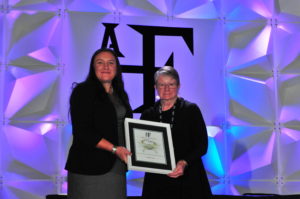

FOR IMMEDIATE RELEASE October 1, 2019 Contact: Beth Beard [email protected] (Reno, NV) October, 1 2019 – Harriet MacGill Perry of the University of Southern Mississippi
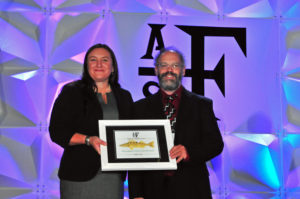

FOR IMMEDIATE RELEASE October 1, 2019 Contact: Beth Beard [email protected] MICHIGAN STATE UNIVERSITY PROFESSOR DANIEL HAYES RECEIVES EXCELLENCE IN FISHERIES EDUCATION AWARD (Reno, NV) October,
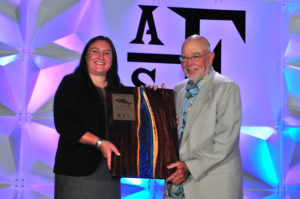

FOR IMMEDIATE RELEASE October 1, 2019 Contact: Beth Beard [email protected] STAN MOBERLY RECEIVES STANLEY A. MOBERLY AWARD FOR OUTSTANDING CONTRIBUTIONS IN FISH HABITAT CONSERVATION FROM
FOR IMMEDIATE RELEASE October 1, 2019 Contact: Beth Beard 240-687-3761 [email protected] WORLD FISH MIGRATION FOUNDATION RECEIVES PRESIDENT’S FISHERY CONSERVATION AWARD FROM THE AMERICAN FISHERIES


MEDIA ADVISORY WHO: American Fisheries Society (AFS) and The Wildlife Society (TWS) WHAT: Historic first-ever joint conference of the major North American fisheries
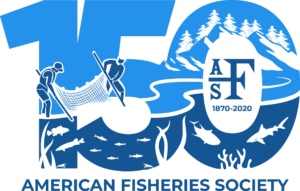

Meeting of the Generations – Perspectives on fisheries from those got us here to those will take us forward A proposal for the AFS 150th
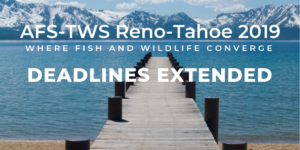

Due to numerous requests, symposia proposal submission for the 2019 Joint Conference with The Wildlife Society in Reno-Tahoe has been extended one final time until March 15.


RESOLUTION #2018-05-07 TO ENCOURAGE PARTICIPATION BY AFWA MEMBERS IN THE 2019 JOINT CONFERENCE OF THE AMERICAN FISHERIES SOCIETY AND THE WILDLIFE SOCIETY The Association of
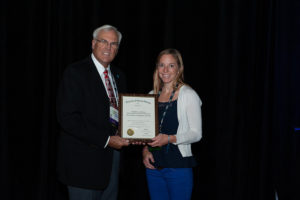

During the month of September, enjoy free access to Best Paper Award winners. The awards were presented at the AFS Annual Meeting in Atlantic City

